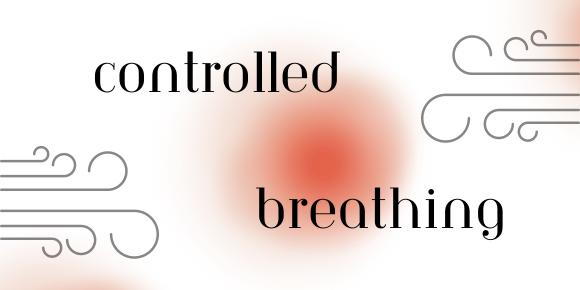
One thing I noticed early in my career as a massage therapist is that breathing dysfunctions are very common. The brain needs two things to survive which are fuel (oxygen and glucose) and activation. Learning this is really what drove me to make breath work a priority.
How do I test if a breathwork session is for me?
Test 1: Nijmegen Questionnaire
As important as a great diet is in the fuel equation, a more immediate and ongoing need for fuel is optimal breathing. Poor breathing practice can create an enormous impact on the body at multiple levels creating a wide range of dysfunction. Examples are known respiratory issues (asthma, COPD), known metabolic conditions (diabetes, heart disease), Prolonged Fatigue- “I’m always tired.”, and the regular feeling of being out of breath. A simple way to find out if a breath work focus session is ideal for you is the Nijmegen Questionnaire which can be accessed below.
https://hgs.uhb.nhs.uk/wp-content/uploads/Nijmegen_Questionnaire.pdf
Test 2: Control Pause
Testing with a controlled pause is a good indication to see where you are at and can be a training tool. What is a controlled pause? A controlled pause is when you inhale, exhale and then comfortably hold your breath for as long as you can. After you feel like you can’t hold the breath any longer, return to normal breathing. If you feel yourself gasping for air then you probably held your breath for too long as the return breath afterwards should be controlled. Anything under 20 seconds making breath work should be a main priority.
We take anywhere from 20,000 to 25,000 breaths a day. If we treat each breath as a good rep or a bad rep, how many good reps are you getting? Not sure? That is okay, most of those breaths are done unconsciously. When we bring our focus to our breath and make it a conscious effort in short bits it can be very impactful and can carry throughout the day. Awareness + Energy = Change
